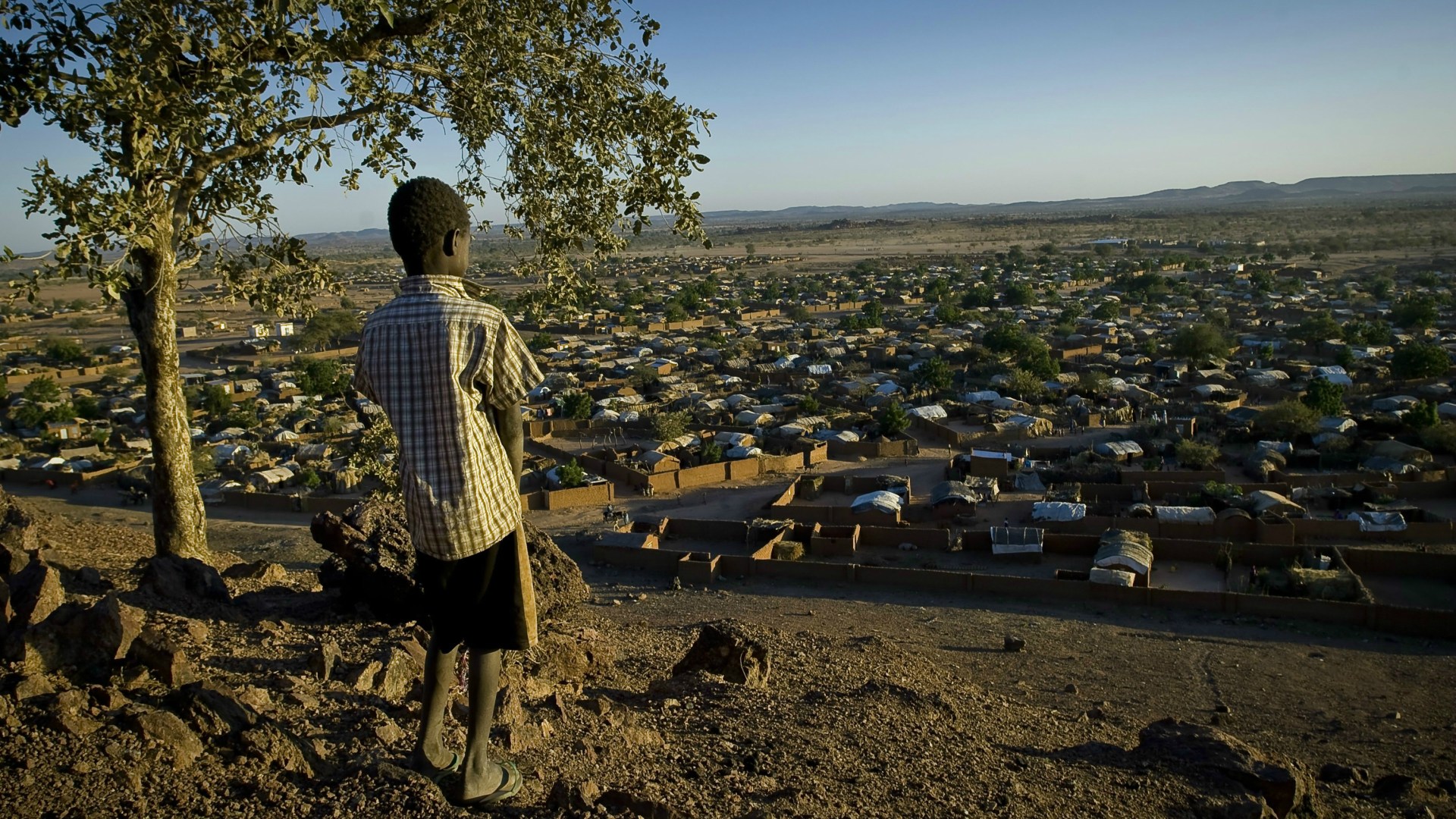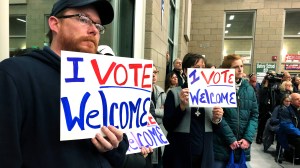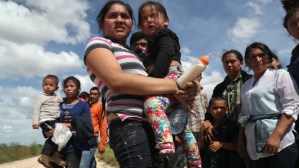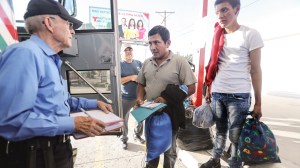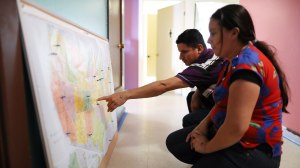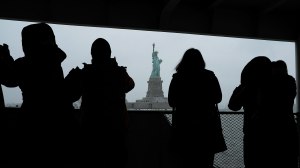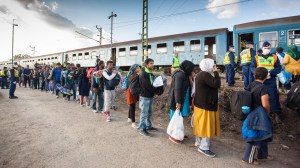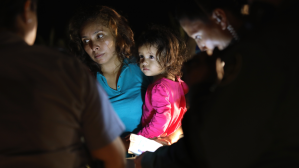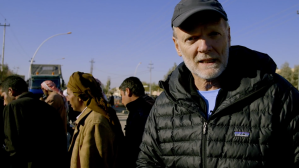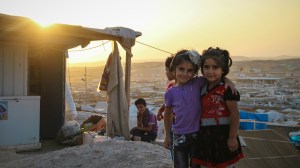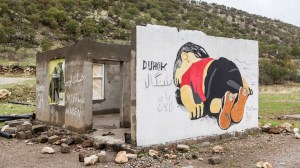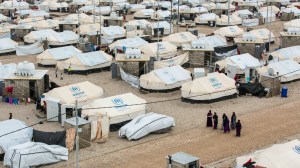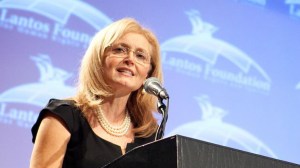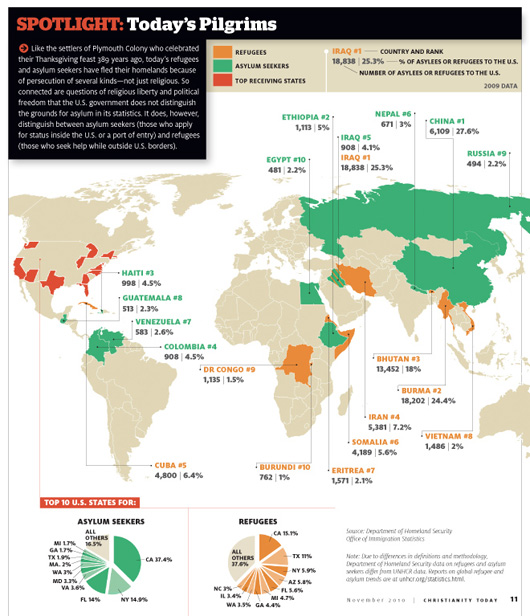In this series

In light of the debate on whether Syrian refugees should be welcome in the United States and why Christians compose less than 3 percent of those resettled so far, here's a look at where America's current Christian refugees have come from.
The United States has resettled 338,441 Christian refugees from more than a dozen denominations since 2003, according to the latest data from the Refugee Processing Center. This is approximately 44 percent of the total 762,000 refugees resettled.
Here's the worldwide breakout by denomination:
- Nearly 180,000 refugees identifying as simply "Christians" have been resettled since 2003. More than half come from Myanmar/Burma (96,531), followed by Iraq (25,128), Iran (19,968), Liberia (12,335), and Bhutan (8,216).
- Catholic refugees represent the largest denominational grouping, with 57,178 resettled in America. Together, Cuba (15,805) and Iraq (14,580) make up about a third of this figure; each country’s refugee total is larger than the next three countries—Myanmar (4,973), the Democratic Republic of Congo or DRC (4,496), and Sudan (3,988)—combined.
- While the Protestant number—14,754—looks much smaller, it doesn't include those who self-identify with a specific Protestant denomination. About one-third of America's Protestant refugees come from the DRC (5,203). Vietnam (2,393) and Sudan (1,458) are second and third, respectively.
- Evangelicals are also broken out into their own category. More than half (1,422) of the 2,677 evangelical refugees have come from Cuba. Sudan (237), Ukraine (196), Colombia (148), and Liberia (108) round out the top five.
- About 10 percent of all Christian refugees are Pentecostal (31,778), the majority from Africa and Eastern Europe. About one-third (11,067) are from Ukraine. Elsewhere, the DRC is responsible for 6,222, Burundi for 3,985, Moldova for 2,102, and Belarus for 1,831.
- Most Baptist refugees (23,247) hail from Myanmar (5,980) and Ukraine (5,937). Moldova is third, with 4,043.
- Most of the Methodist refugees (3,305) come from Africa: 1,007 are from the DRC, 987 from Burundi, and 535 from Liberia.
- The same is true of Lutheran refugees (940): 629 are from Liberia, 165 from the DRC, and 46 from Ethiopia.
- Only five Mennonite refugees have been resettled since 2003. Three are from Cuba, one is from Somalia, and one is from Vietnam.
- The majority of Seventh-day Adventist refugees (7,527) come from three continents: 3,542 are from the DRC, 905 from Cuba, and 625 from Ukraine.
- The highest number of Orthodox refugees (17,151) come from Eritrea (7,907), Iraq (4,396), and Ethiopia (2,783).
- Of the 391 Chaldean refugees, 386 have come from Iraq.
The percentage of Christian refugees from each country varies greatly, depending on the circumstances.
For example, of the nearly 9,000 Afghan refugees resettled in the US in the past 12 years, just over 1 percent are Christians. But of the almost 15,000 refugees from Eritrea, 85 percent are Christians. About 3 percent of Somali refugees, 30 percent of Iraqi refugees, 63 percent of North Korean refugees, and 75 percent of Nigerian refugees have been Christians. All of these countries top Open Doors' World Watch List of places where it's hardest to be a Christian.
In 2010, CT spotlighted how refugees and asylum seekers are today's pilgrims.
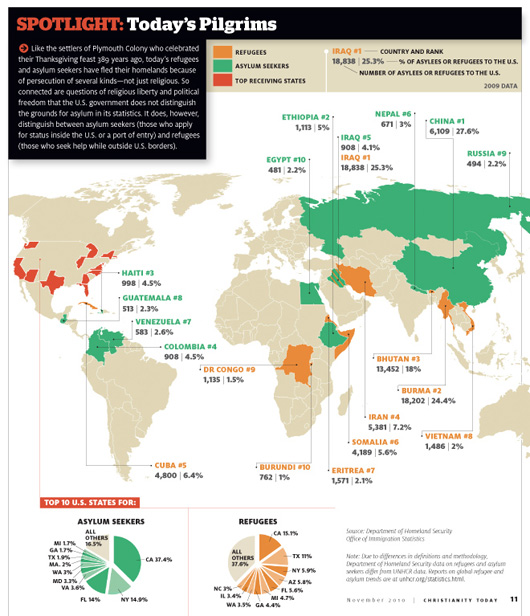
CT editor Mark Galli recently argued that the refugee crisis makes for a beautiful gospel witness. CT has also covered why the US is deporting Iraqi Christian refugees, how Croatia's Christians are serving the refugees flooding their country, and why Franklin Graham’s call to end Muslim immigration could backfire.
[Photo courtesy of European Commission DG ECHO / Flickr]

